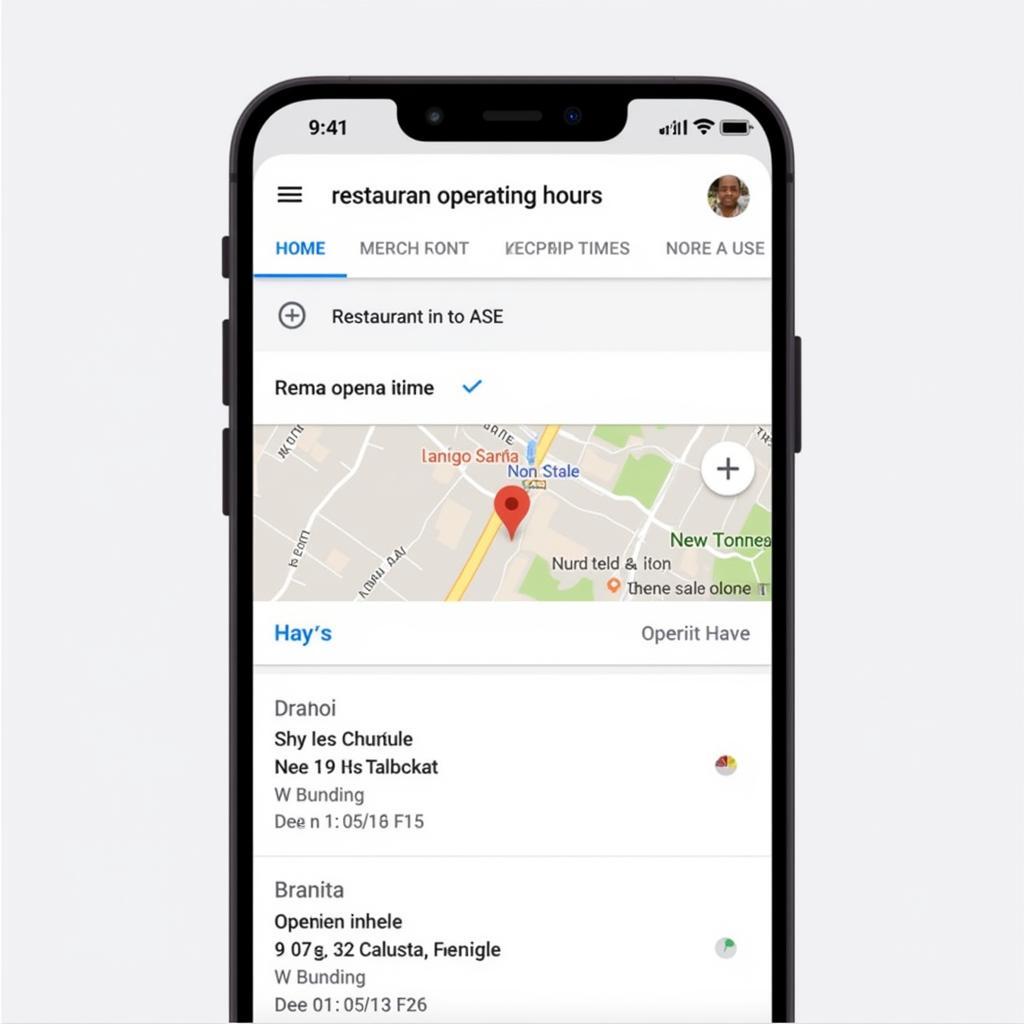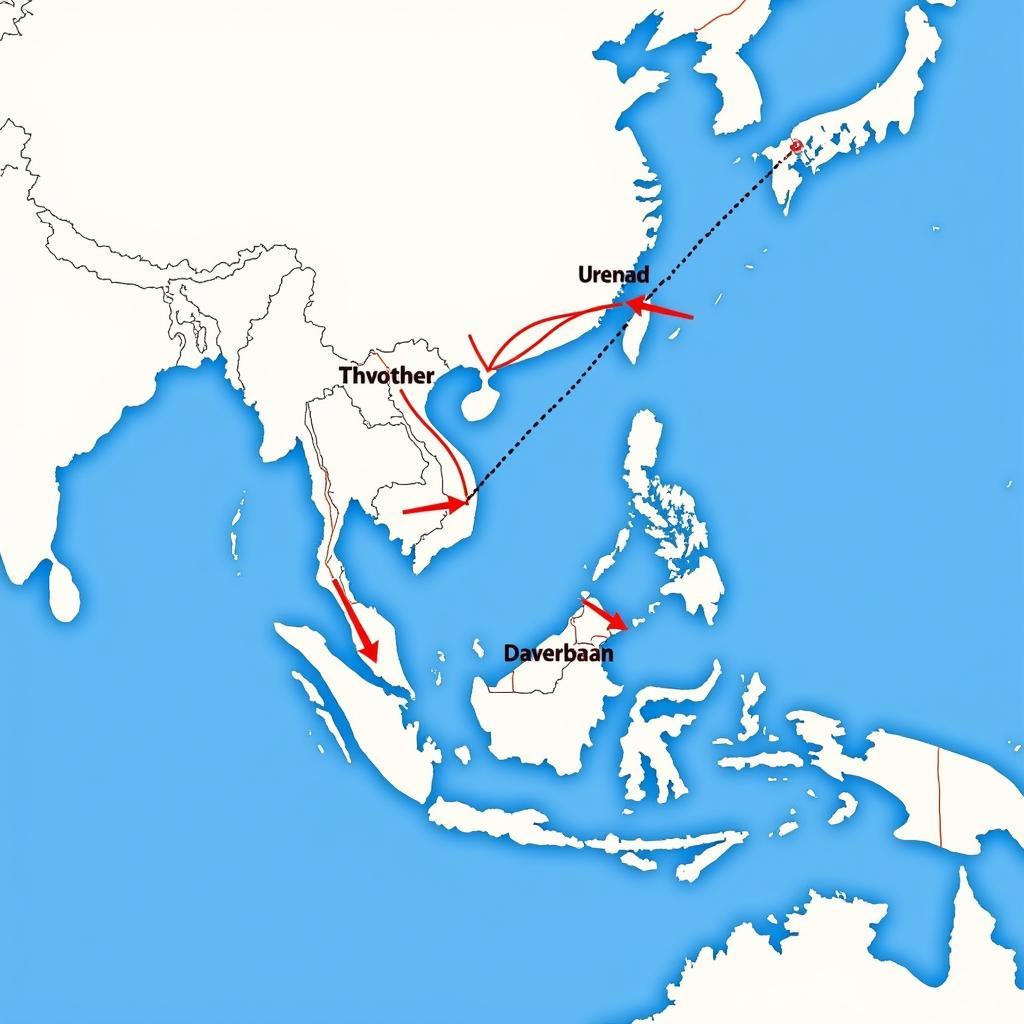The Asean Academic Calendar plays a crucial role in shaping the educational journeys of millions of students across Southeast Asia. Whether you’re a prospective student planning your higher education or a current scholar seeking opportunities for growth, understanding the nuances of the ASEAN academic calendar can be your key to unlocking a world of possibilities.
Unpacking the ASEAN Academic Calendar
Unlike many Western countries with a standardized academic year, Southeast Asia presents a diverse tapestry of academic calendars. Factors such as national holidays, religious observances, and even climatic conditions contribute to this fascinating variation. Let’s delve deeper into the intricacies of the ASEAN academic calendar and uncover valuable insights to guide your academic pursuits.
1. Diverse Starting Points
One of the first things you’ll notice is that the academic year doesn’t adhere to a uniform start date across ASEAN countries.
-
August/September Intake: Several nations, including Singapore, Thailand, and the Philippines, typically commence their academic year around August or September, aligning somewhat with the traditional academic calendar of Western institutions.
-
January/February Intake: On the other hand, countries like Indonesia, Malaysia, and Vietnam often have their academic year starting in January or February.
This difference in intake periods allows for greater flexibility for students seeking cross-border educational opportunities within the ASEAN region.
2. Semester vs. Trimester Systems
Adding another layer of complexity, the structure of the academic year itself can differ significantly across ASEAN countries.
-
Semester System: The Philippines, Brunei, and Singapore predominantly follow a two-semester system, dividing the academic year into two major terms with a short break in between.
-
Trimester System: Malaysia, on the other hand, employs a trimester system, dividing the year into three terms. This system allows for more frequent breaks and can be advantageous for students who prefer shorter, more focused study periods.
3. Navigating National and Religious Holidays
ASEAN is a region rich in cultural and religious diversity, and this is reflected in the academic calendars. National holidays, such as Independence Day celebrations and religious observances like Ramadan, can influence term breaks and academic schedules.
Expert Insight:
“Students should proactively research and familiarize themselves with the specific holiday schedule of their chosen institution and country,” advises Dr. Siti Nurhaliza, an education consultant specializing in Southeast Asian universities. “This proactive approach will help students manage their time effectively and plan for potential disruptions.”
Making the Most of the ASEAN Academic Calendar
While the variations in the ASEAN academic calendar might seem daunting initially, they present unique opportunities for students to tailor their educational experiences.
1. Cross-Border Educational Opportunities
The flexible intake dates and program structures pave the way for seamless student exchanges and cross-border educational collaborations.
- Example: A student from Vietnam, where the academic year begins in January, can explore summer programs in Thailand, which follows an August intake, without disrupting their primary course of study.
2. Immersive Cultural Experiences
The integration of national and religious holidays into the academic calendar allows students to immerse themselves in the rich cultural tapestry of Southeast Asia.
- Tip: Students can utilize these breaks to participate in local festivals, experience traditional celebrations, and gain a deeper appreciation for the cultural nuances of the region.
The ASEAN Academic Calendar: A Gateway to Growth
The ASEAN academic calendar is more than just a timetable; it’s a dynamic reflection of the region’s cultural vibrancy and commitment to educational advancement. By understanding its intricacies, students can unlock a world of opportunities, embrace cross-cultural learning, and embark on a rewarding academic journey.
For personalized guidance on navigating the ASEAN academic landscape and exploring educational opportunities, contact us at Phone Number: 0369020373, Email: [email protected] or visit us at Thôn Ngọc Liễn, Hiệp Hòa, Bắc Giang, Việt Nam. Our dedicated team is available 24/7 to assist you.

